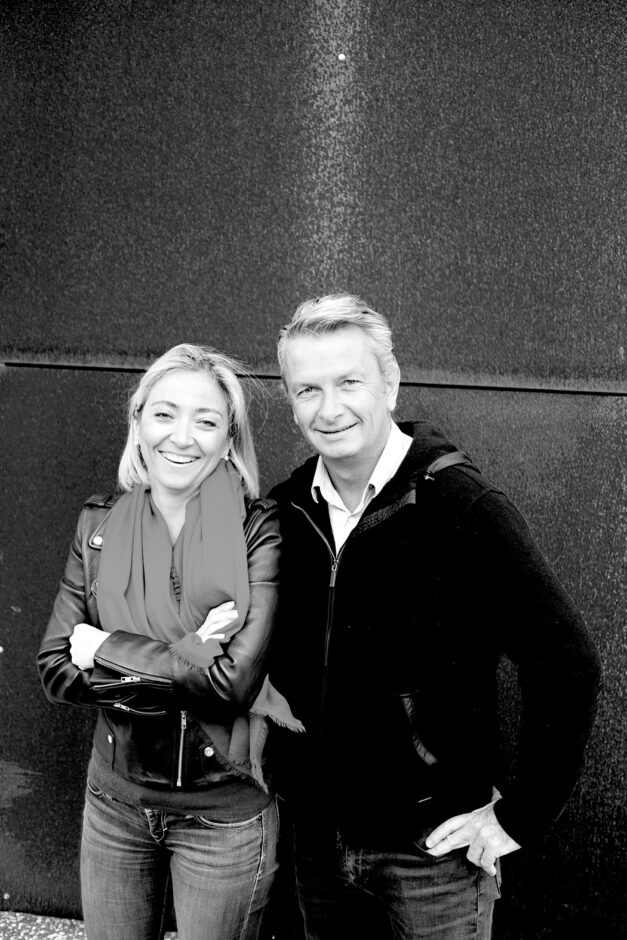12th Jan 2023
"I don’t have a preference. Honestly, all three vineyards are located in the best areas of the right bank. It’s like three kids. Poesia is our youngest..."
- Patrice Lévêque
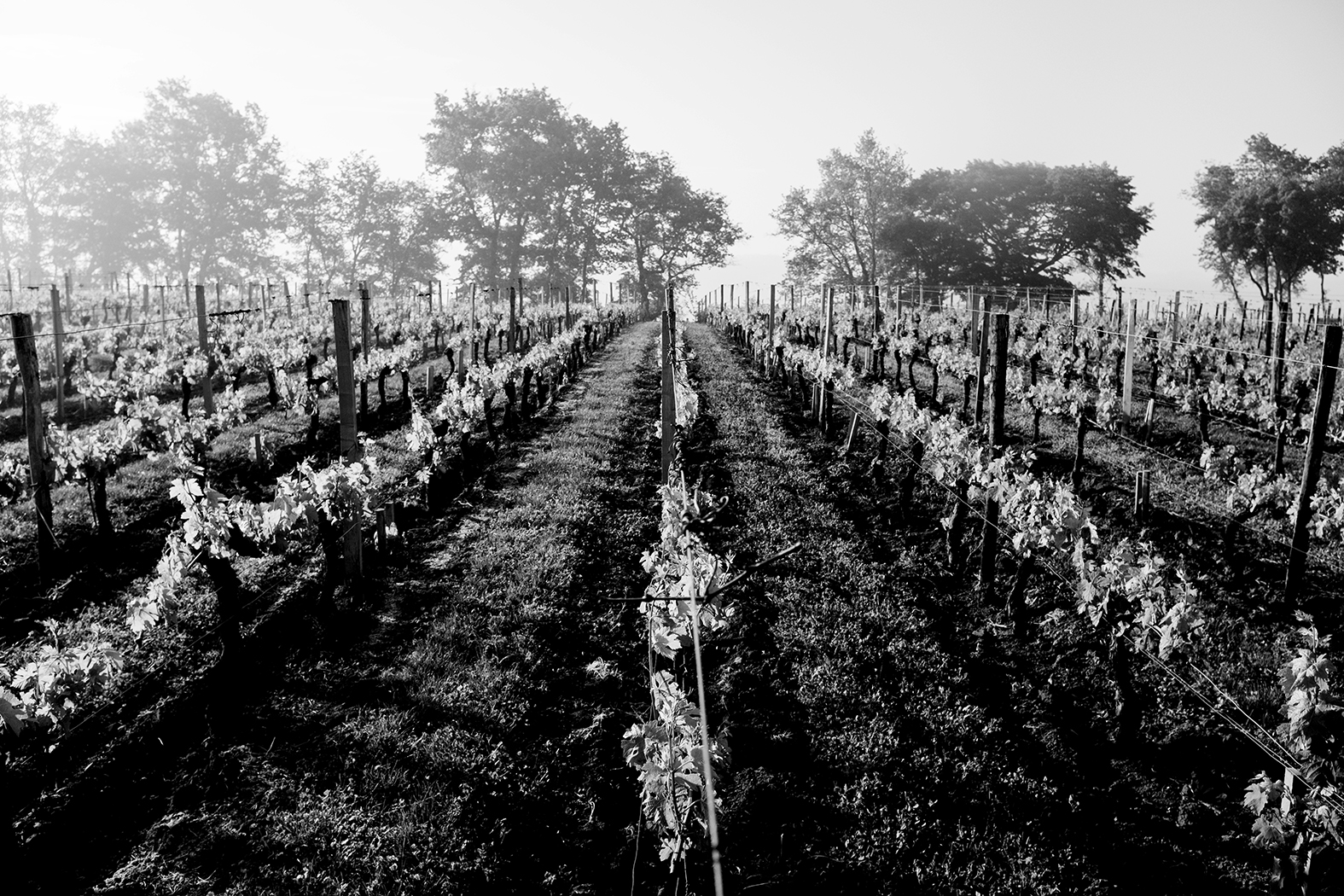
Les Trois Enfants
I’d asked Patrice Lévêque if he had a favorite vineyard among the verticals we were tasting of three of the five estates that he and his wife, Hélène Garcin-Lévêque, manage: Châteaux Clos l’Église, Barde-Haut, and Poesia. The former two Châteaux are owned by Hélène’s family. It was an impossible choice.
"I felt lucky to start there-in such a great, historical terroir."
“In 1991, my mother bought Château Haut-Bergey (in Pessac-Léognan),” explained Hélène. “I was a student in hotel management at Institut Paul Bocuse in Lyon. I was happy about the purchase but was not so much involved. When I graduated in 1997, we had just bought Clos l’Église and I immediately worked there. So, I started my wine journey in Pomerol and was really excited by this small exclusive property. I felt lucky to start there-in such a great, historical terroir.”

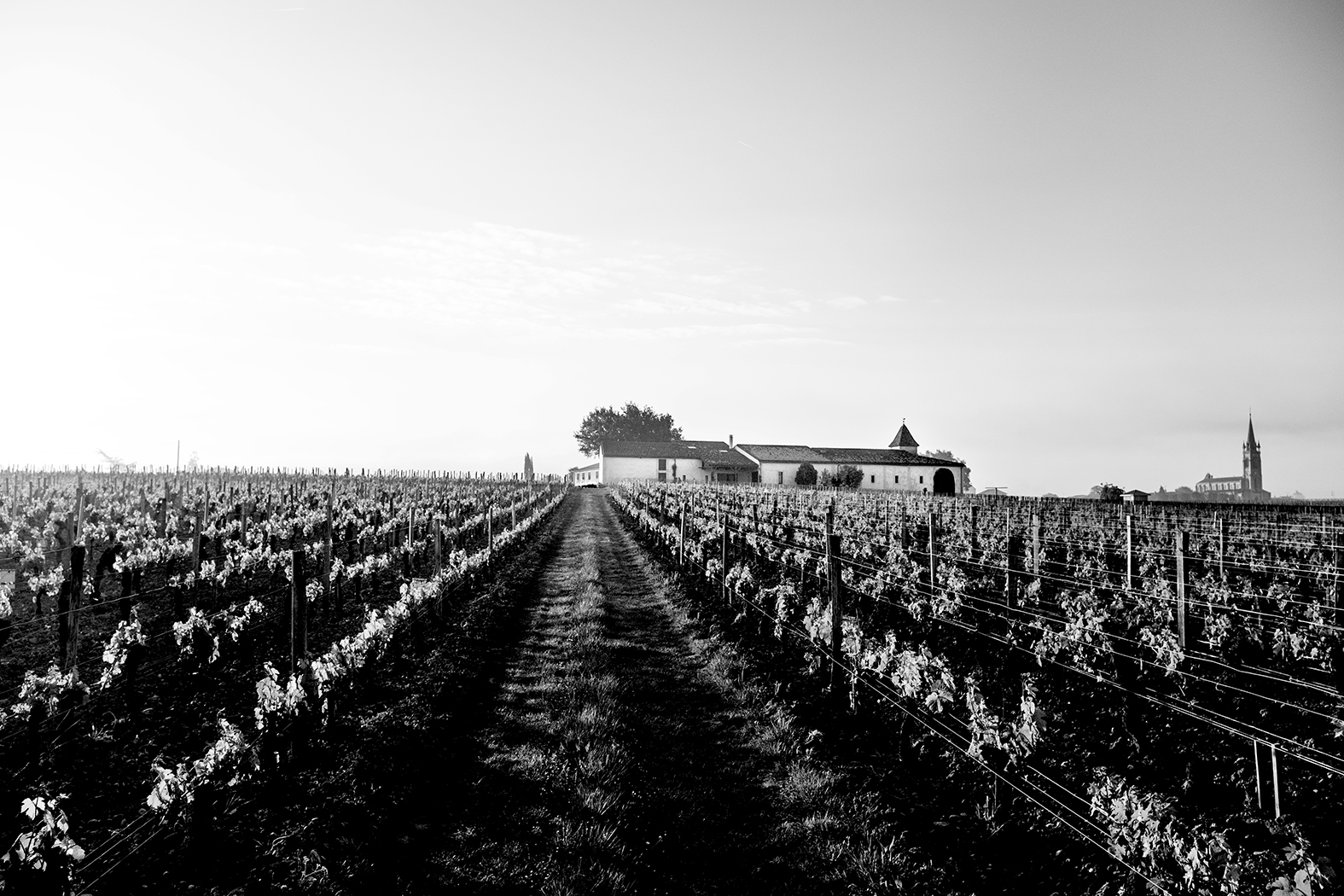
Hélène’s mother is Sylviane Garçin-Cathiard, the sister of Smith Haut Lafitte’s owner, Daniel Cathiard. Heirs of a supermarket empire, in the 1990s, the Cathiard family sold up and took Bordeaux by storm. Several family members, including Daniel and Sylvaine, snapped-up well-located, underperforming estates with a keen eye to turning them around. While Haut-Bergey is nothing to sneeze at, it was Sylvaine’s purchase of Pomerol’s Clos l’Église—right next to Clinet and across the road from L’Église Clinet—that turned heads, putting the jewel into this branch of the family’s crown.
Clos l’Église is the jewel in the crown
“Clos l’Église is on the west side of the famous Pomerol plateau and right on the break of the plateau,” Hélène told me. “The soil is mainly clay, plus lots of gravel and iron deposits in the subsoil. The style is elegant, deep, rich, ‘gourmand,’ and above all silky. I like its concentration and its smoothness. It’s a Pomerol that fills the mouth, giving a creamy texture without heaviness. It’s truly incomparable.”
“When I started at Clos l’Église in 1997,” she continued. “I was in charge of receiving customers and developing the sales. Very quickly, I also wanted to understand the production. So, my very first harvest was at Clos l’Église in 1997.”
In 2002, the same year Patrice came to work at the Garçin family estates, Château Barde-Haut in Saint-Émilion was added to the collection. It was soon to become the home of Hélène and Patrice as well as their son, Louis. Then in 2014, Hélène and Patrice purchased their very own new vineyard baby: Poesia. Formerly known as Château Haut Villet, it is superbly situated on the plateau on the far eastern side of Saint-Émilion near Péby Faugères and Valandraud.
“Both Barde-Haut and Poesia are on the plateau with limestone and clay,” said Patrice, talking about the similarities and differences at their two Saint-Émilion vineyards. “But Barde-Haut is an amphitheater while Poesia is a mound. The limestone rock at Poesia is closer to the surface, so the vines have harsher conditions to grow. Both wines have naturally low pHs and a strong structure. It’s even more true for Poesia, which usually has more acidity and riper tannins. Barde-Haut is very elegant, whereas Poesia is very mineral and almost saline.”
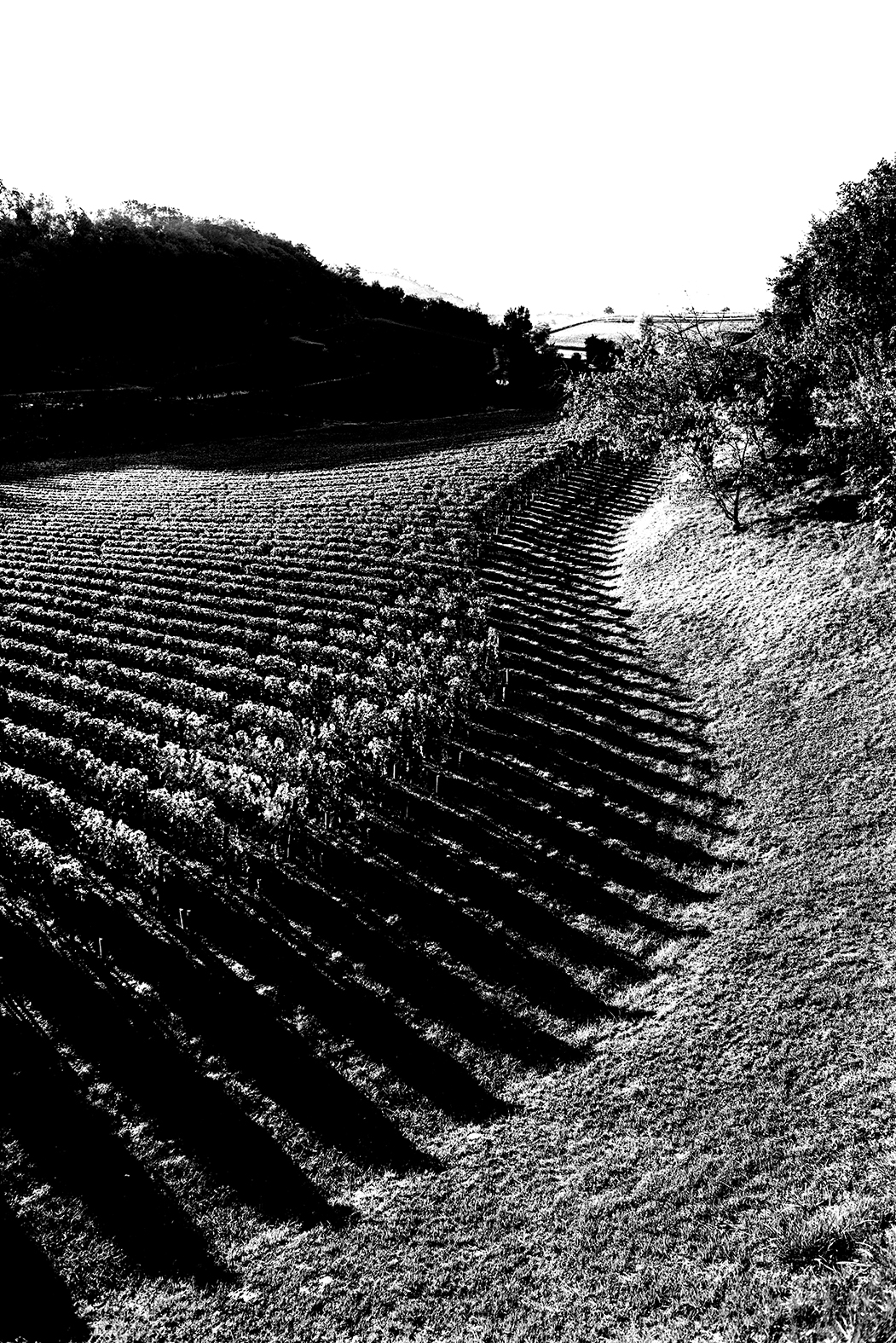
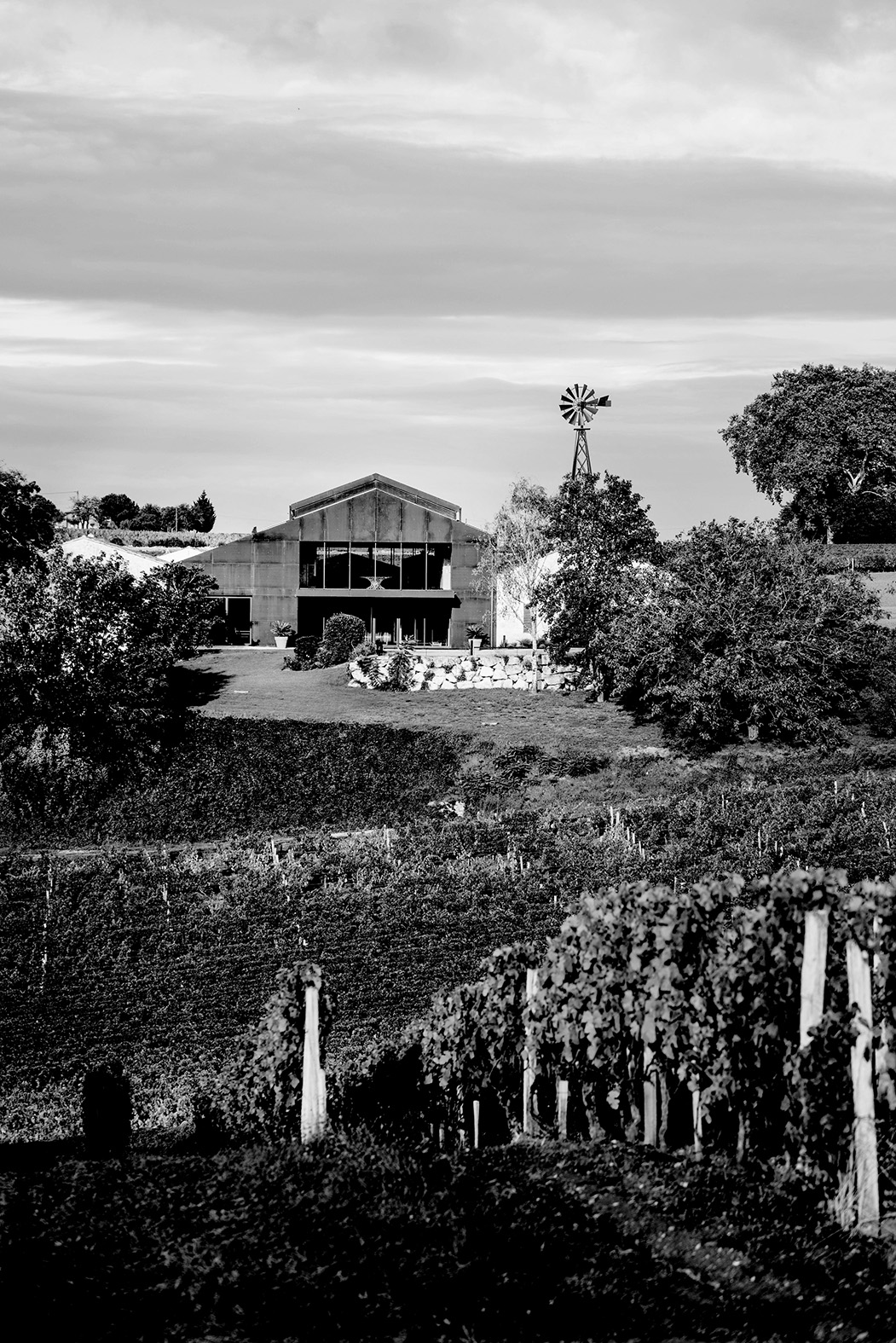
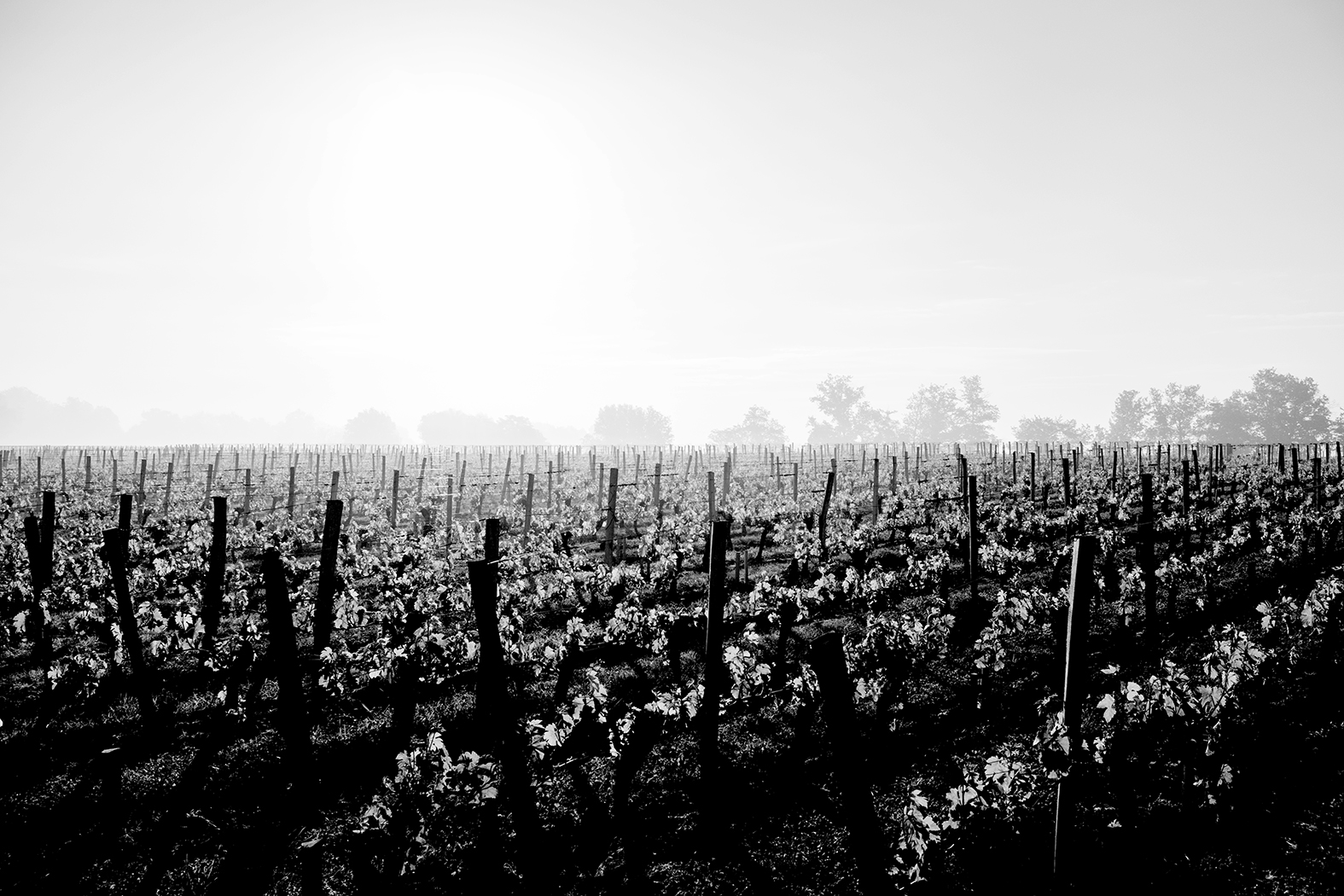
“At Poesia, the argilo-calcaire (limestone-rich) terroir produces wines with an incredible balance of concentration, richness, and acidity,” added Hélène. “The limestone plays a role of a sponge, maintaining the freshness even when it’s very dry. The soil preserves the freshness and brightness of the fruit, giving lots of minerality.”
Since 2014, Hélène and Patrice have invested an incredible amount of time and money in building a new cellar and redeveloping the vineyard at Poesia. “We replanted 60% of the vineyard in 2015 and will continue with the rest in 2030,” said Patrice. “We planted a massal selection with 30% Cabernet Franc, and we might increase this percentage in the future.”
My tastings of recent vintages of Poesia reveal that this Grand Cru is starting to punch well above its weight.
And yet, Hélène and Patrice are among a growing number of producers who have opted not to apply for reclassification to Grand Cru Classé status. I asked Hélène why.
“At Poesia, the terroir speaks by itself through the wines. Also, my son wishes to take over the property in the near future, and we did not want to increase the price of the land, making it difficult for him to take over.”
The winemaking in all three wines—Clos l’Église, Barde-Haut, and Poesia—is very much in the background. What I love about Patrice’s style is that the fruit shimmers in the forefront, highlighting clear distinctions between terroirs and vintages.
"No makeup! Just a truthful wine that will age."
“I am even more convinced now than when I first started making wine that everything happens in the vineyard,” said Patrice. “Being humble and respectful of our terroir is key. When I make wine, I am trying to express a terroir. My wines should tell the story of where they come from and what happened throughout the season. I am trying to craft an elegant, complex, and rich wine. So, I try never to complicate things. Everything is a matter of balance and equilibrium. No makeup! Just a truthful wine that will age.”
Finally, I asked Patrice if he considered himself more of a vineyard manager or winemaker. “Both,” he said. “But I can’t imagine not looking after the vineyard to produce the quality of fruit that I would need to make a wine. Pour moi c’est indissociable mais je suis avant tout un homme de la terre." (For me, it is inseparable, but I am, above all, a man of the land.)
"Je suis avant tout un homme de la terre."
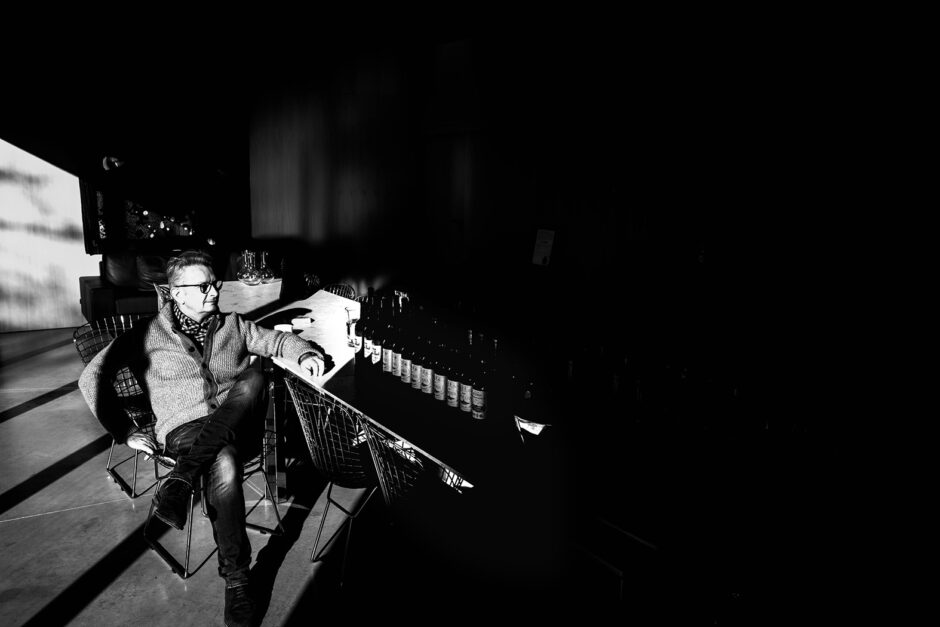
-
Article & Reviews by Lisa Perrotti-Brown MW
Photos by Johan Berglund

PRODUCERS IN THIS ARTICLE
> Show all wines sorted by scoreMore articles
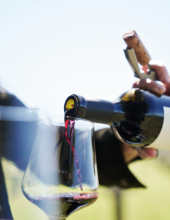
Pilcrow’s New Releases
18th Apr 2024
7 tasting notes
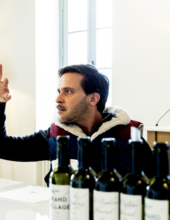
Bordeaux 2023 Primeurs Photo Essay
18th Apr 2024
0 tasting notes
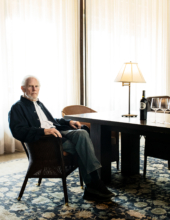
Harlan Estate, BOND, Promontory 2021 and 2011
11th Apr 2024
14 tasting notes
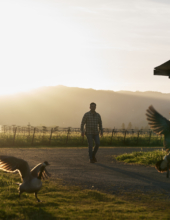
Favia 2012-2021
04th Apr 2024
17 tasting notes
Show all articles
